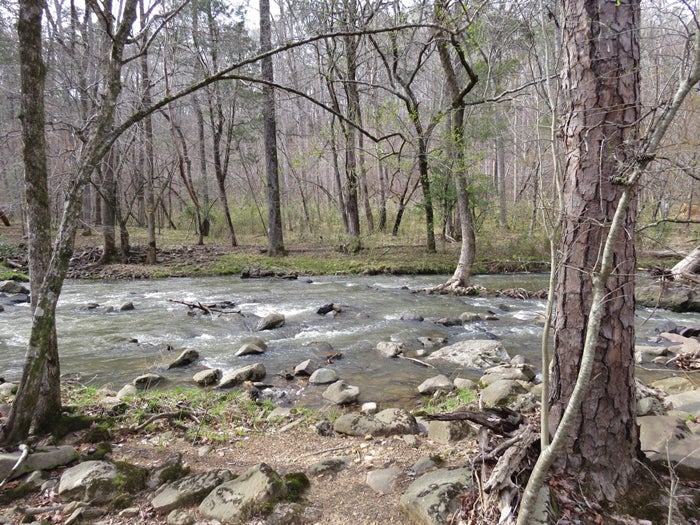Letter: Against tax cap
Published 11:09 pm Wednesday, October 24, 2018

- Morrow Mountain State Park now has an additional 45 acres of land along Mountain Creek. A constitutional amendment would “reduce the income tax rate in North Carolina to a maximum allowable rate of seven percent (7 percent).” That may sound like a tax cut, but, in fact, it is not — at least not for most of us. The amendment gives yet another tax break for the wealthiest among us, including corporations, at the expense of our state’s basic needs. After all, our income taxes pay for things necessary for all of us — public schools, clean air and water, disaster recovery, roads, transportation, parks, public health services and public safety. As a teacher recently asked, “How can I vote for this when I don’t have erasers in my class?” Given the realities of our changing economy, this amendment would simply mean that property and sales taxes will inevitably have to rise, hitting the middle class, working people and the working poor harder. We don’t need to tie the hands of future legislators by passing a cap now that may become unworkable later. — Stephen Boyd Winston-Salem
A constitutional amendment would “reduce the income tax rate in North Carolina to a maximum allowable rate of seven percent (7 percent).” That may sound like a tax cut, but, in fact, it is not — at least not for most of us.
The amendment gives yet another tax break for the wealthiest among us, including corporations, at the expense of our state’s basic needs.
After all, our income taxes pay for things necessary for all of us — public schools, clean air and water, disaster recovery, roads, transportation, parks, public health services and public safety. As a teacher recently asked, “How can I vote for this when I don’t have erasers in my class?”
Given the realities of our changing economy, this amendment would simply mean that property and sales taxes will inevitably have to rise, hitting the middle class, working people and the working poor harder. We don’t need to tie the hands of future legislators by passing a cap now that may become unworkable later.
— Stephen Boyd
Winston-Salem

